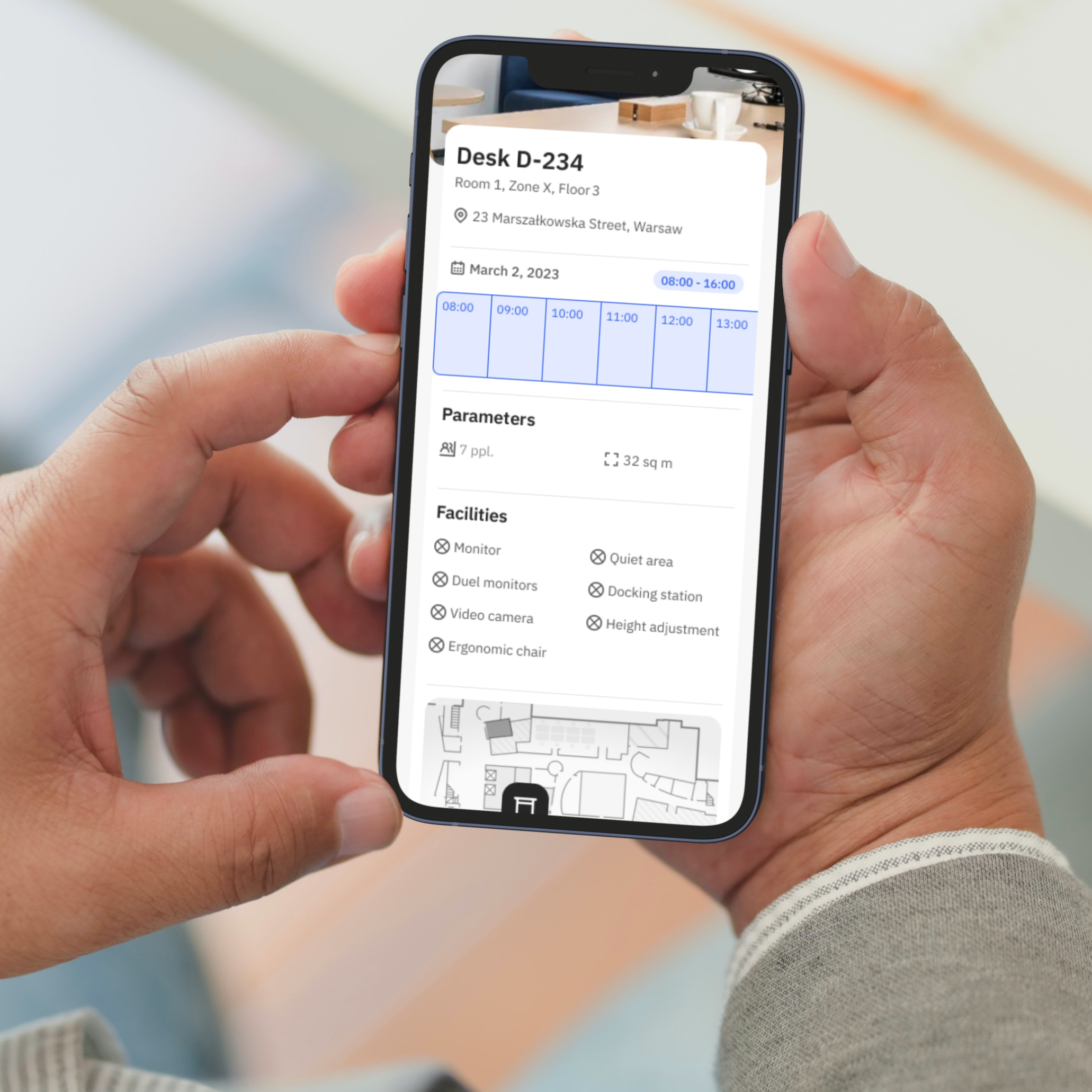
Boosting work efficiency with hybrid work management software: Tips for employees and managers
While managing a remote workforce can present unique challenges, companies that can create a healthy and successful remote work environment will see increased productivity and happier employees. This article will provide tips for business owners and managers to successfully manage remote employees, with the help of hybrid work management software.

Remote work challenges
One of the biggest challenges with remote work is the lack of physical proximity and interaction between team members. However, this can be overcome with effective communication and trust between employers and employees. Managers need to keep the office cohesion intact, create an effective collaborative environment, prevent employee burnout, and have accountability and transparency.
Manage remote workers
Adam Hickman, a content manager at Gallup, and the author of studies on remote workforces recommends three standard guidelines for managing remote workers: view each employee as a separate individual, maintain regular and comprehensive communication, and trust that your employees can handle the task. Managers should identify each employee’s strengths, weaknesses, and needs, and leverage that information to nurture and motivate them. Managers should also encourage open communication through various channels and trust that their employees can complete their work without micromanaging them.
Advantages of remote and hybrid work

There are many advantages to remote work for both employers and employees. For employers, cost savings is one of the biggest benefits. Global Workplace Analytics reports that almost six out of ten employers polled cited cost savings as a big benefit of telecommuting. Business owners who adopt a remote work environment can save on the overhead associated with having a physical office, such as rent, equipment, furniture, office supplies, and utilities. In addition, remote workers tend to be happier and more productive, according to a survey conducted by FlexJobs. This is because employees can avoid the stress and time associated with commuting and can work in an environment that is comfortable and conducive to their work style.
Increased efficiency
Hybrid work management software can help both employees and managers be more efficient when working remotely. For example, managers can use the software to hold virtual meetings and monitor employee work calendars. Employees can use the software to manage their time and workspace, keep up with other team members about working in the office, as well as sign up for additional company events. Here are some specific ways that hybrid work management software can help increase work efficiency:

Accessible meetings
Holding virtual meetings can be a challenge, especially if team members are in different time zones. Hybrid work management software can help by providing a platform that facilitates the management of hybrid meetings, such as video conferencing or webinars. This allows team members to meet and collaborate in real time, regardless of their location. Some apps even offer meeting attendees the opportunity to vote for what they think is the most convenient meeting date.
Conference room reservations
When only part of a team is working from the office and the rest remain at work remotely, booking an appropriate conference room can be challenging. Hybrid work management software effectively solves this problem by automatically matching the size of the room to the number of people declaring to work from the office that day.
Time tracking
Tracking time when working remotely can be difficult, especially if employees are working flexible hours. Office space management software can help employees track their time and manage their workload more efficiently. It can also help managers monitor productivity and ensure that employees are using their time effectively.

Booking desks and office resources
When the entire team works in hybrid mode, there is no need to provide a separate desk for each employee. This will bring a lot of savings to the company and reduce the amount of office space occupied. In addition, the office, even with the presence of only a part of the hired employees, will seem full and busy.
In conclusion, managing a hybrid workforce can present unique challenges, but with effective communication, trust, and the help of hybrid work management software, companies can create a healthy and successful remote work environment with increased productivity and happier employees.
